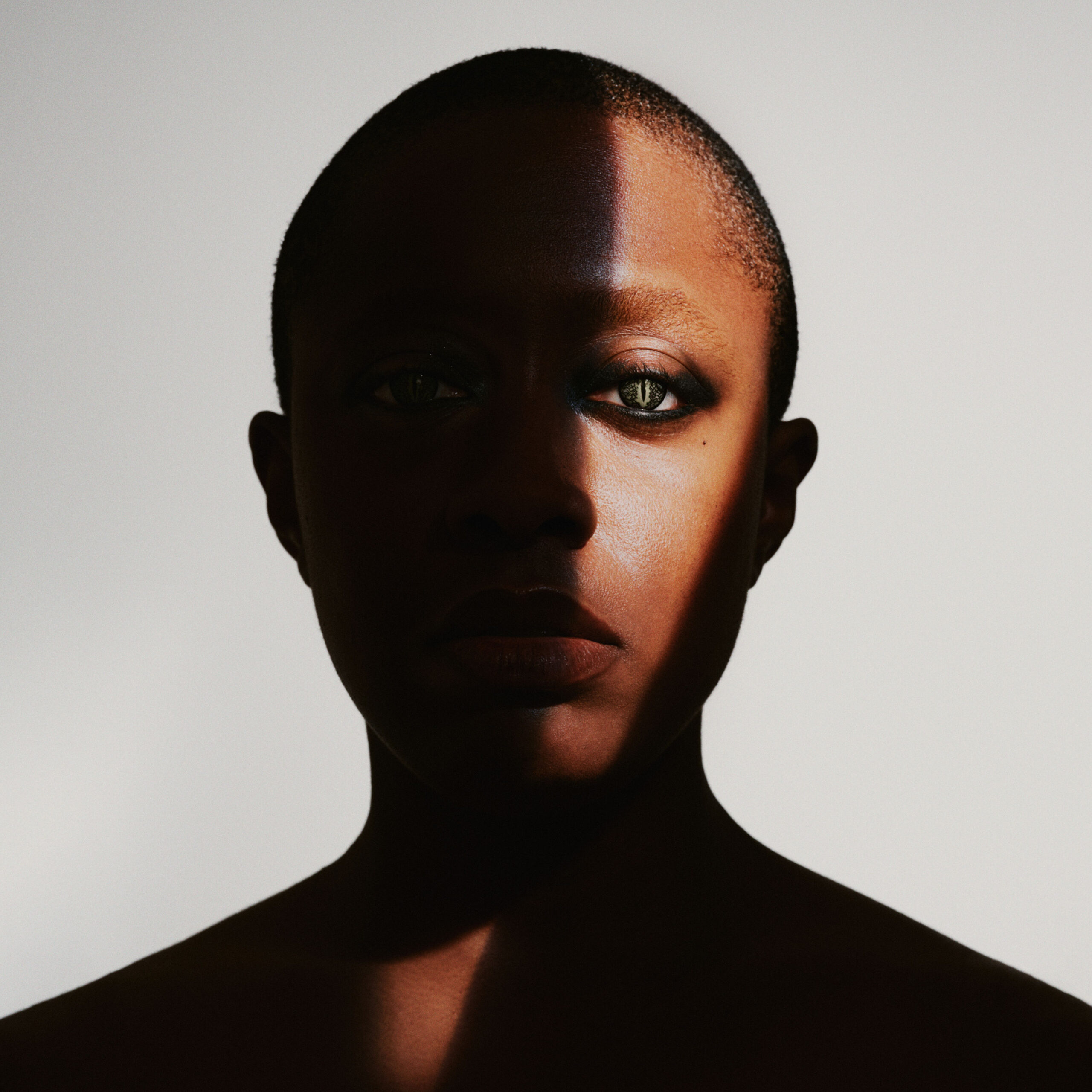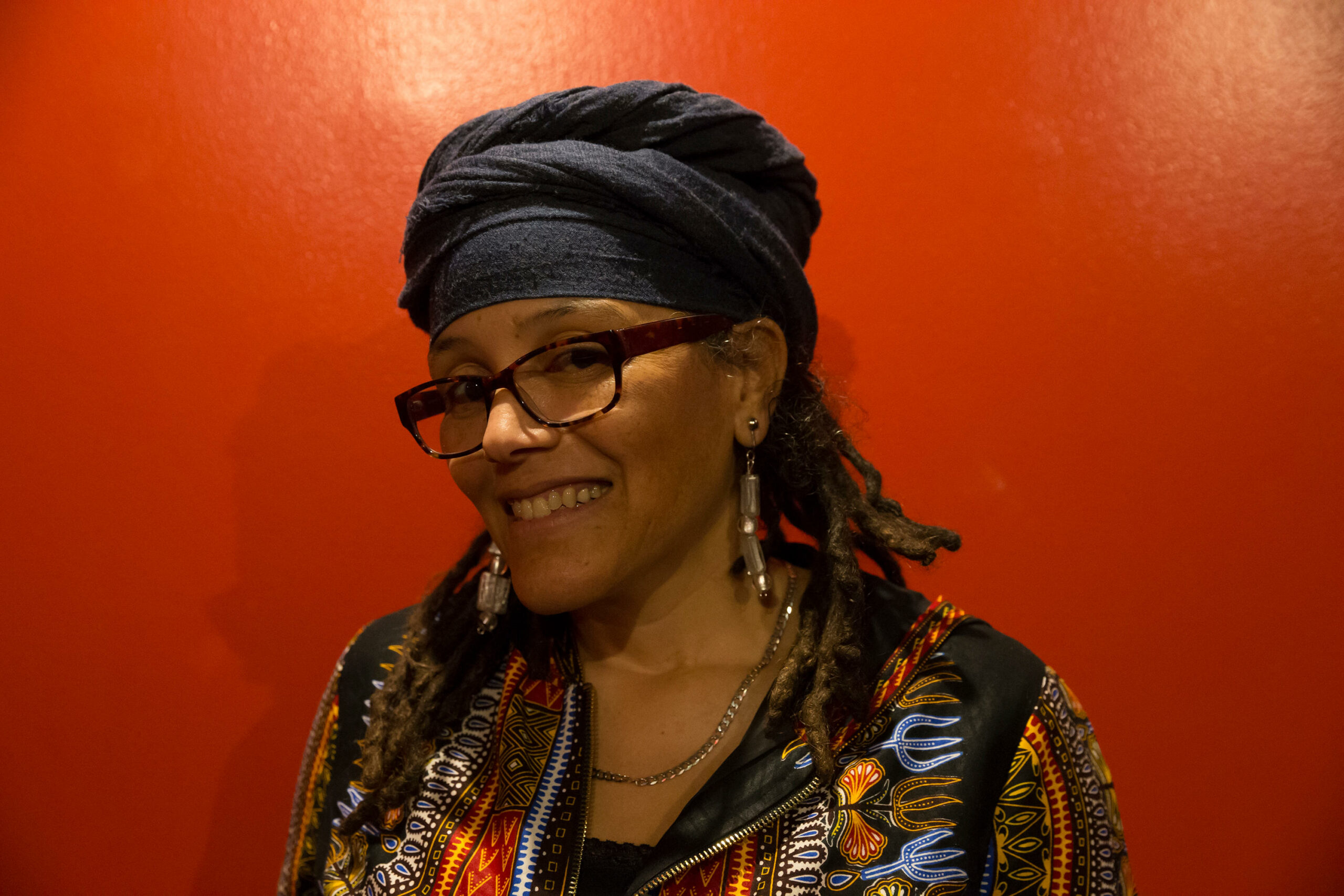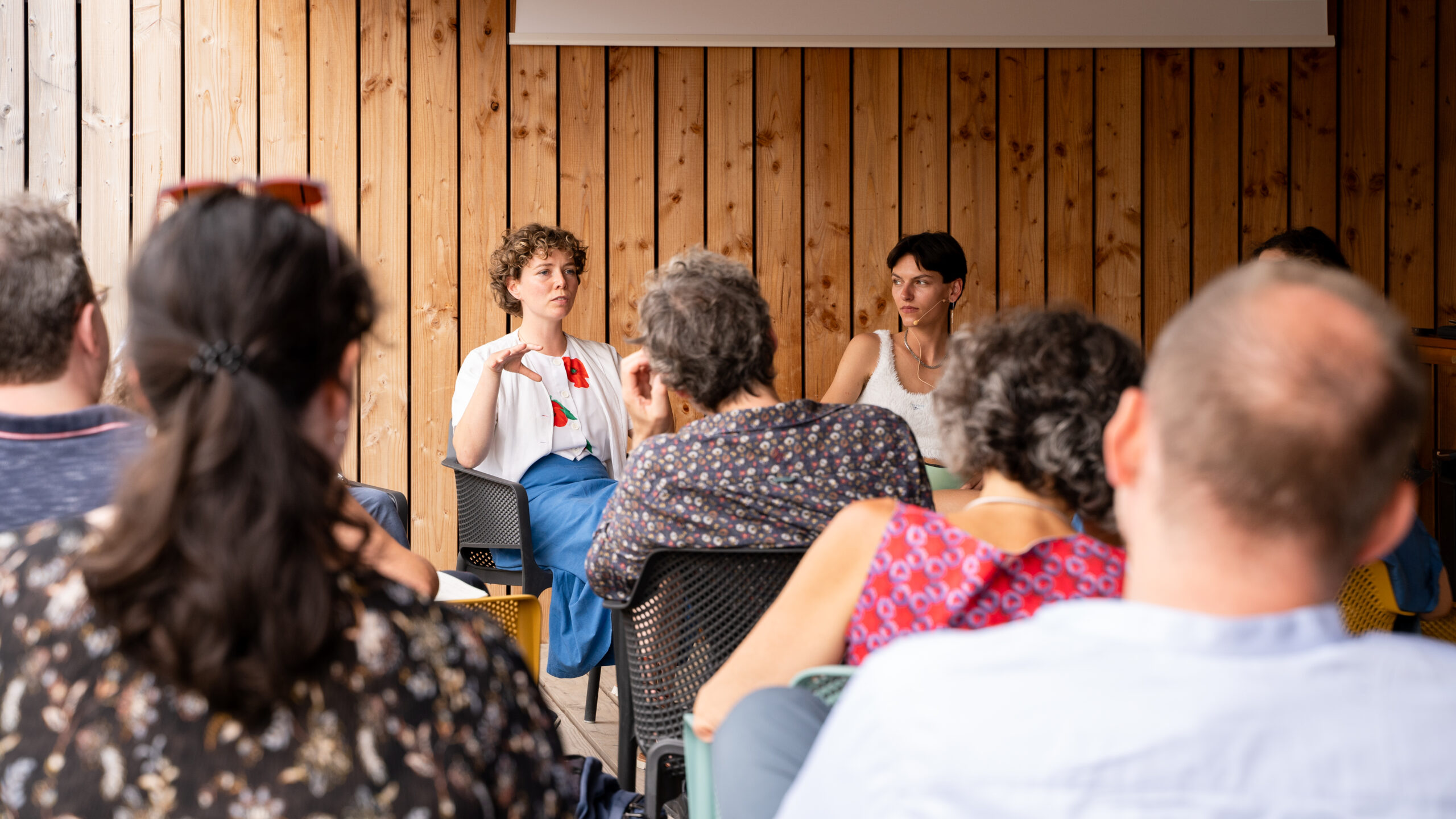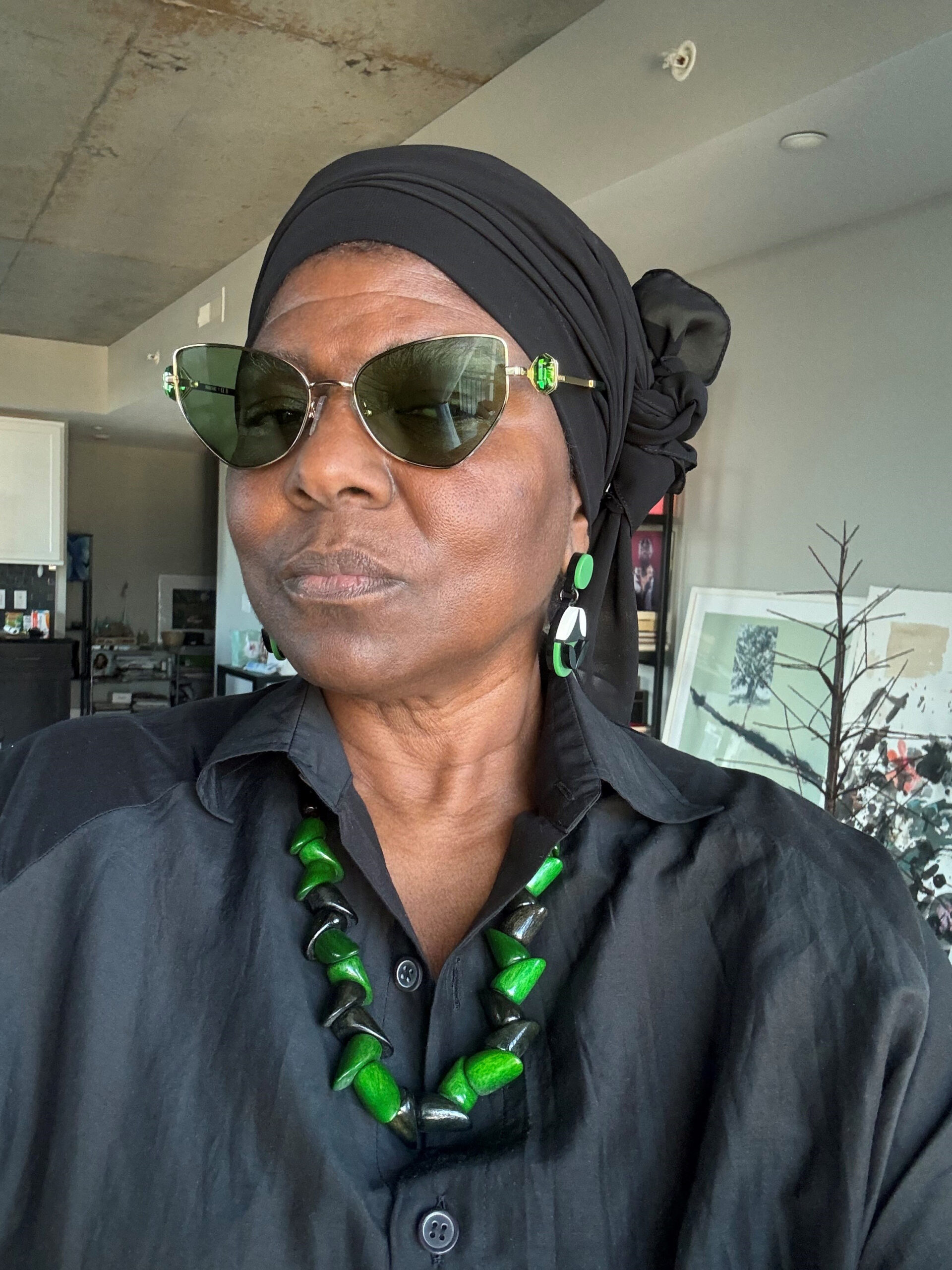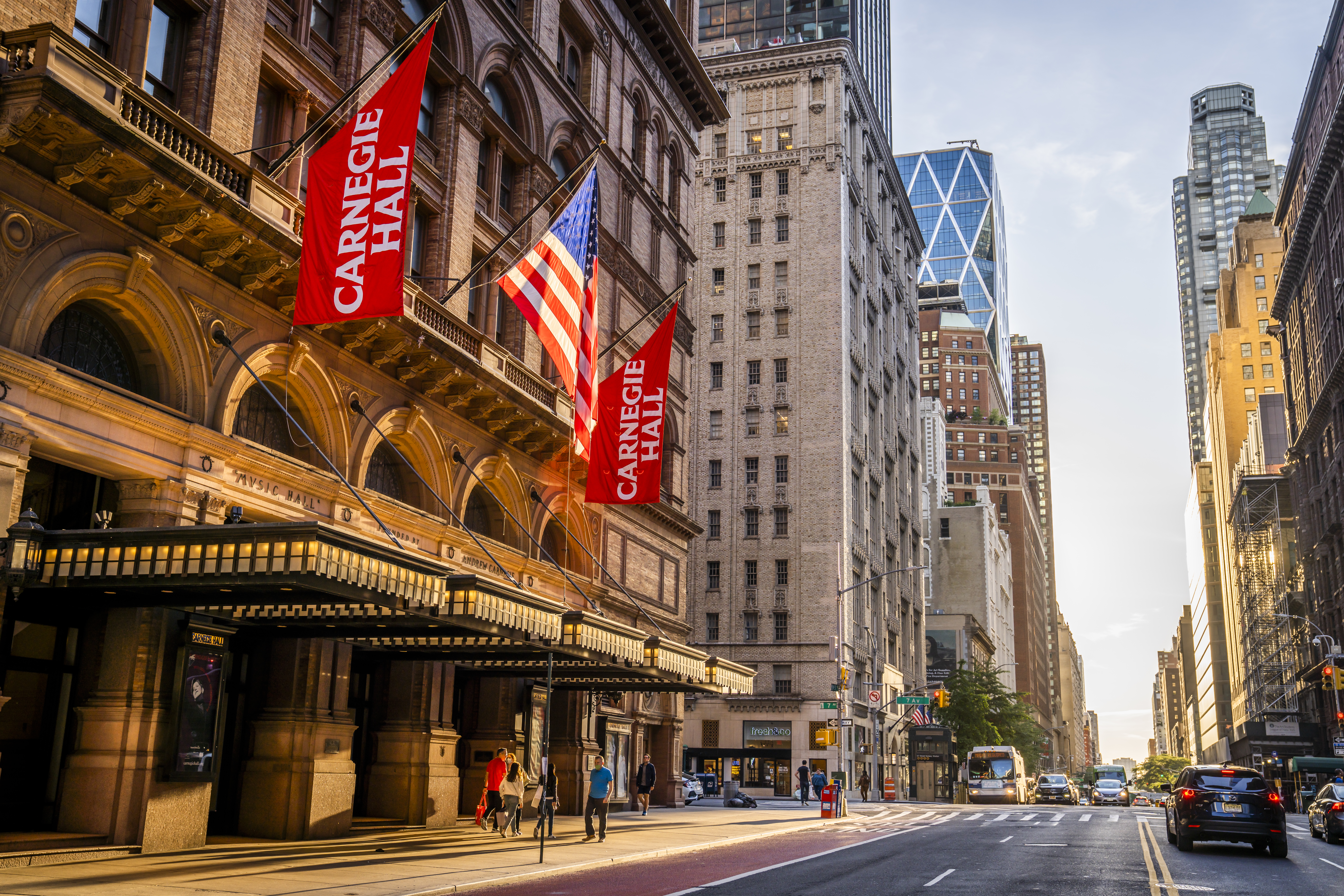Music can quickly become very secondary. When Joe Lovano presented his new his new project with Dave Douglas as co-leader at the Enjoy Jazz Festival, a hurricane had swept over the east coast of the USA, where Lovano lives, the night before, causing devastating damage. Lovano lives, and caused devastating damage. Shortly before our conversation, the saxophonist was fortunately able to speak to his wife on the phone and found out that she had left the rural property and sought refuge with friends. had taken refuge with friends. So the conversation, like the concert, was characterized by the concert was characterized by great relief, even though the extent of the material damage to property was still unknown.
Note: This interview originally took place in 2013 and is published here on the occasion of the 25th anniversary of Enjoy Jazz. The statements and references made in the interview refer to this date.
Mr. Lovano, I have a nephew who plays saxophone in the school band. What would you say is the most important thing a young musician should learn along the way?
JL: He should learn to live in the world of music, to be inspired by the incredible wealth of possibilities - tonal, technical and spiritual - that the instrument offers and that have been brought to light by the great masters of the instrument, especially in jazz. He should try to understand how much love and passion there is in the music and in each individual musician. It is not primarily about the technique, but first and foremost about the spiritual approach. Ultimately, many factors come together, but one is central for me: feeling the love that lies in the music you listen to. You can only develop your sound if you develop your ear. That takes you further. It gives you an idea of what is possible and what is possible for you. So my tip would be: Fly like a bird.
But that doesn't sound like a tip for beginners, it sounds like a life's work.
JL: Of course. Because when music becomes a passion - a life passion - it moves and drives you. Incessantly. It brings your life into a creative balance, into a cycle of inspiration and re-inspiration. I remember it well when I was her nephew's age. I also played in the school band at elementary school. My father played the saxophone himself and I would often just listen to him. I was totally captivated by the vibes that came from his sound.
Do you still have that sound in your ear?
JL: Of course I do. My dad had a great sound. The sound isn't the tone, it's the way you play it. When you listen to people like Wayne Shorter, Joe Henderson, Sonny Rollins, Charlie Parker or Ornette Coleman, you hear a totality of impressions. It reflects who and how you are, how you perceive and categorize the things around you, how you hear sounds, how you breathe, how you combine different ideas in your playing.
How do you communicate something like that?
JL: It's a very mysterious thing. Incidentally, I only really understood this myself by listening to many pianists. They sit at the same piano and yet they all sound completely different. If Herbie Hancock sat down at that piano up there on the stage, it would sound like Herbie Hancock from the very first note. The same goes for Brad Mehldau or Thelonious Monk or Chick Corea. And then you can put hundreds of other pianists at the piano and they all sound like this piano. It's your special feeling, it's your way of breathing into the music that makes the unmistakable sound - or not. And since I've recognized these connections on the piano, I can hear them on any instrument. I think it's very important to understand this in order to be able to develop further.
Your father was also your first teacher Does that make everything easier or more difficult?
JL: I would say it depends a lot on the relationship you have with your father. In my case, that relationship was fantastic. He was just a cool guy who listened to Charlie Parker live or Lester Young, who played in a lot of bands, for example with Tadd Dameron. Or around 1950, John Coltrane came to town, back then still with a blues band and on alto saxophone, and my father played a jam session with him. Coltrane somehow became part of my father's story. It was a time that could be described as a school of playing. Everything was so simple and so natural: the best musicians came to the city and played, often with musicians from the region. Everything was very close and very direct. So all these great musicians that I experienced back then were not just legends, but very real. My
For example, my father took me into the dressing room with Gene Ammons and many others and I was able to talk to all these people as a child. I grew up in Cleveland, Ohio. In a multicultural environment. My father was my first teacher. But I went to all kinds of rehearsals as a teenager and listened to the best, not just saxophonists, tried to understand what they were playing and how, let myself fall into their sound while listening, got the pieces down and let myself be inspired by imitation. It was all very uncomplicated and that's how ultimately, all these fantastic musicians of this generation that I was able to listen to and talk to became something like teachers.
Could this give you the impression that your own style didn't seem like the sum of all styles from the point of view of or filtered through Joe Lovano?
JL: Thank you very much. The most important thing is: you have to tell your own story. The more stories I listened to, the more I realized that I couldn't tell their stories. I grew up with so many different musicians and was infected by the love and passion of their stories, I got to know and study so many different styles and categories.
Their sound, which has always been highly developed, has become even clearer and more distilled for me in recent years, without losing its typical power.
JL: There is a very nice experience behind it. The more you play, the clearer the idea of your own game becomes. The what develops more and more into the how. And from this development, more and more spaces open up, not only for your own playing, but also for the interplay. It is quite simply a process of increasing clarity.
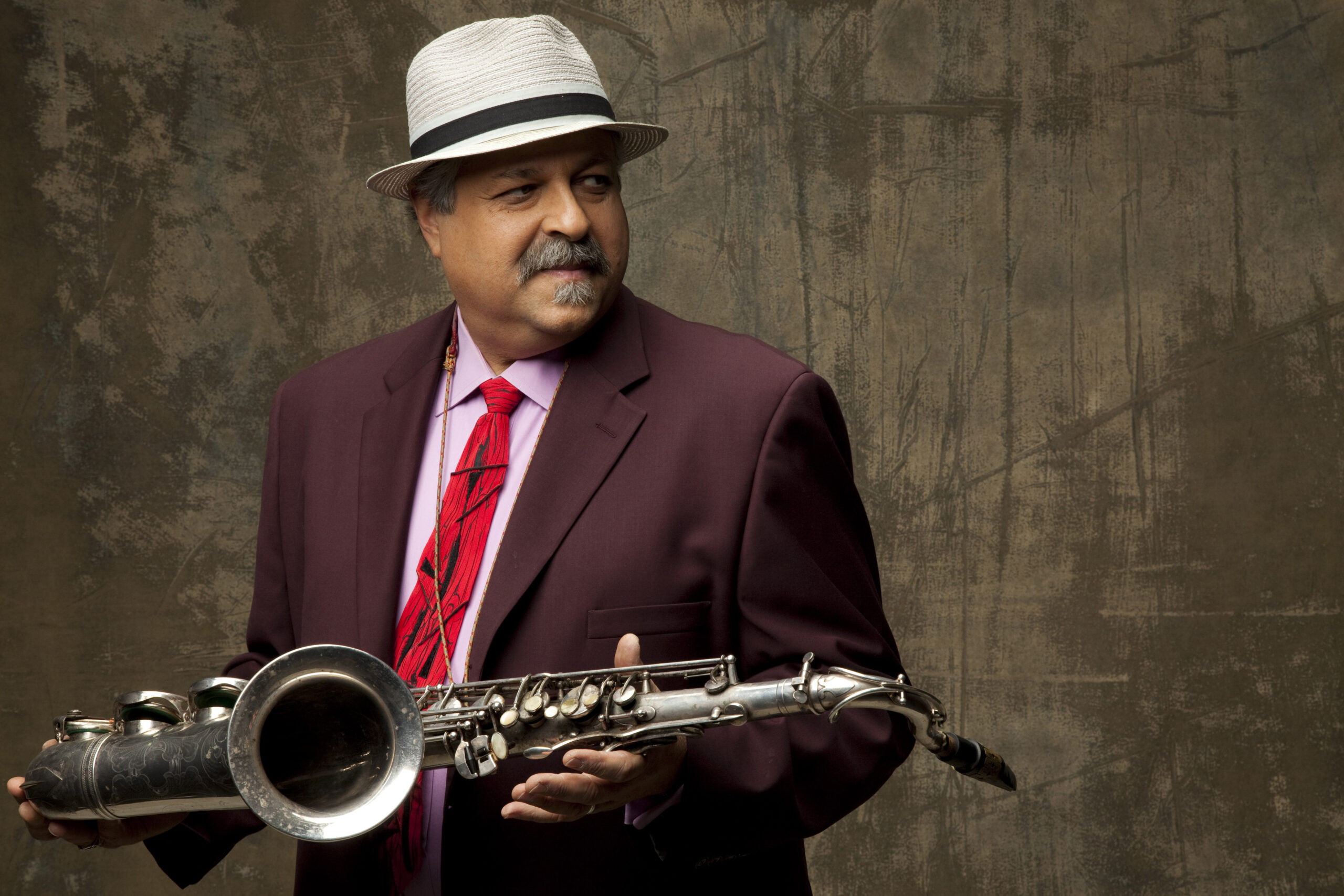
Date: December 7, 2023

